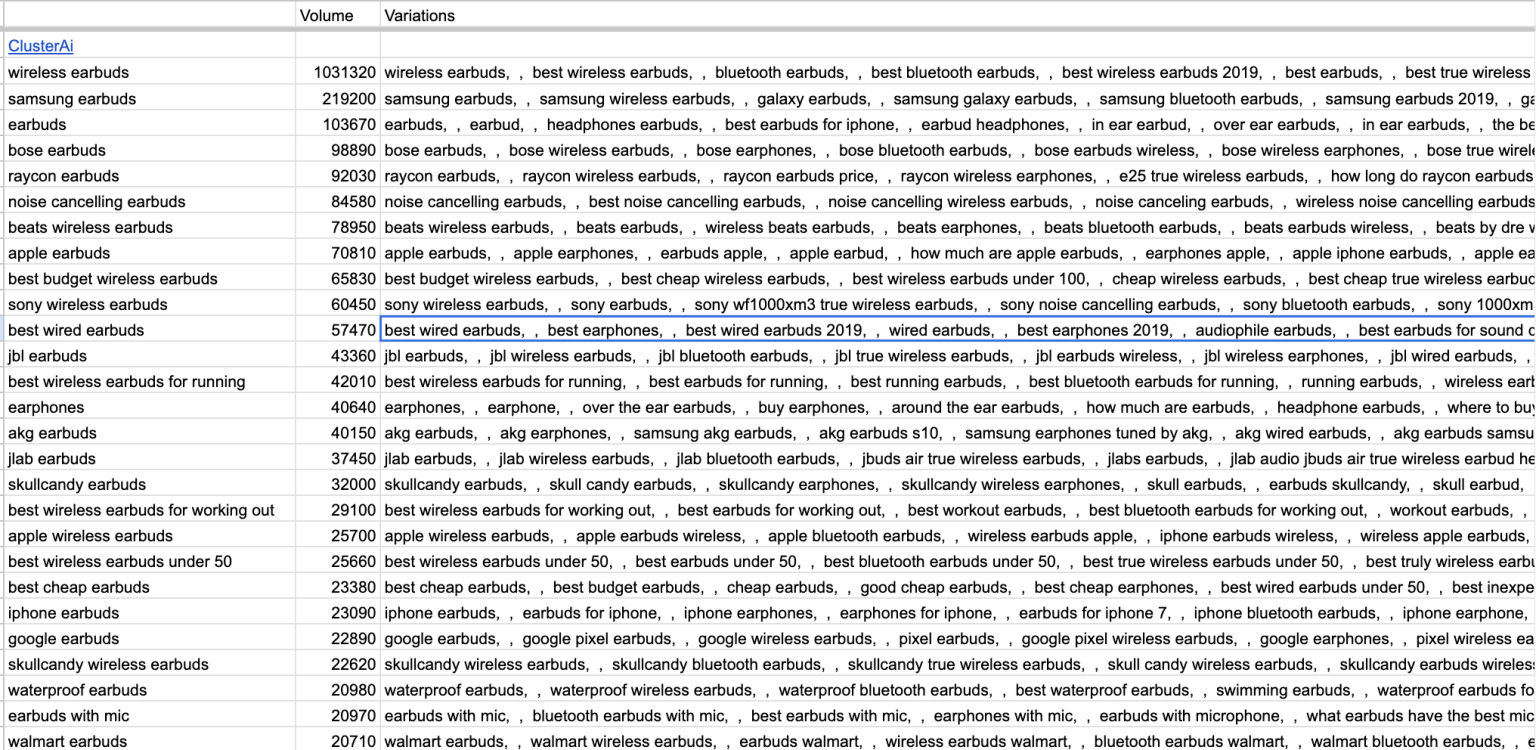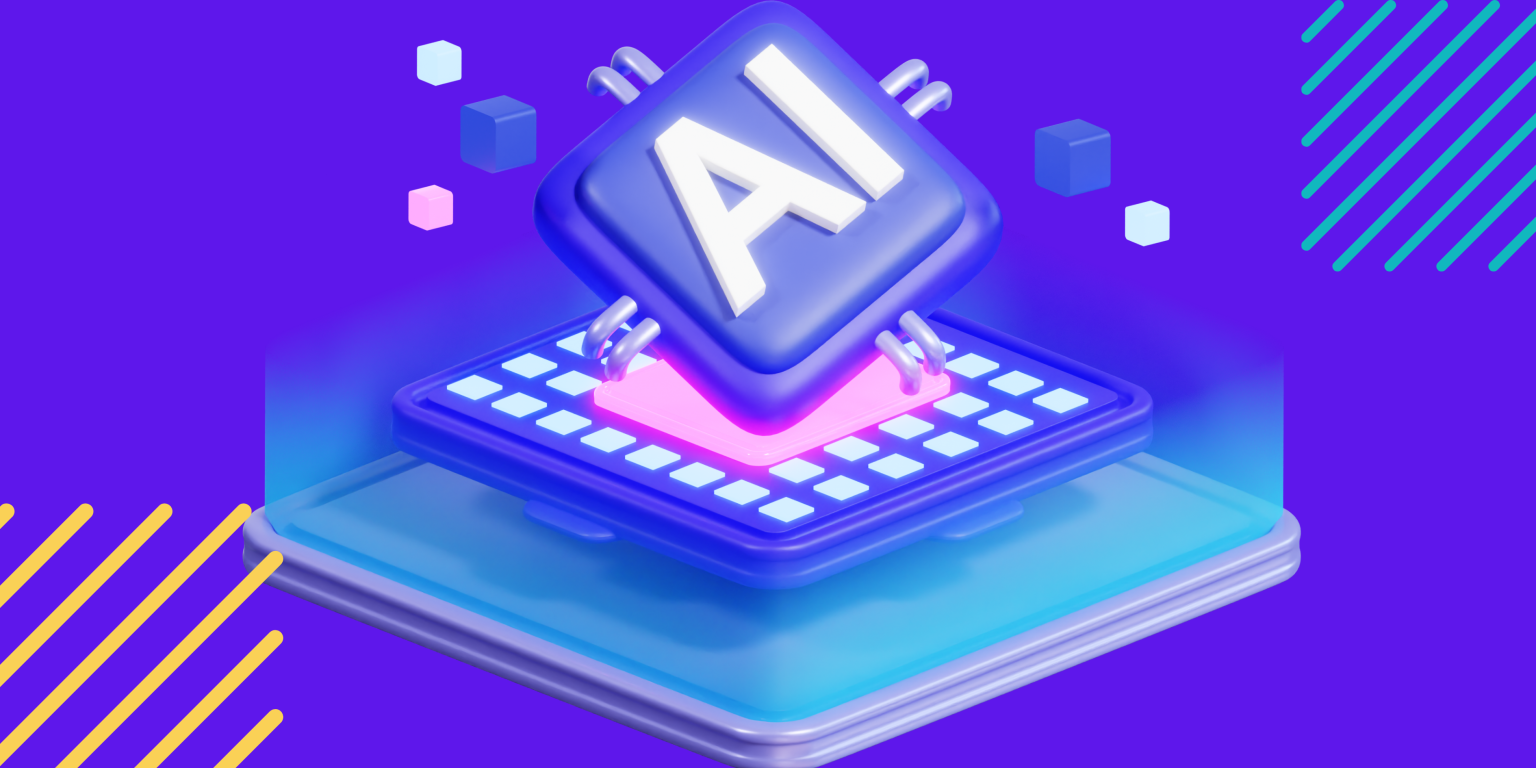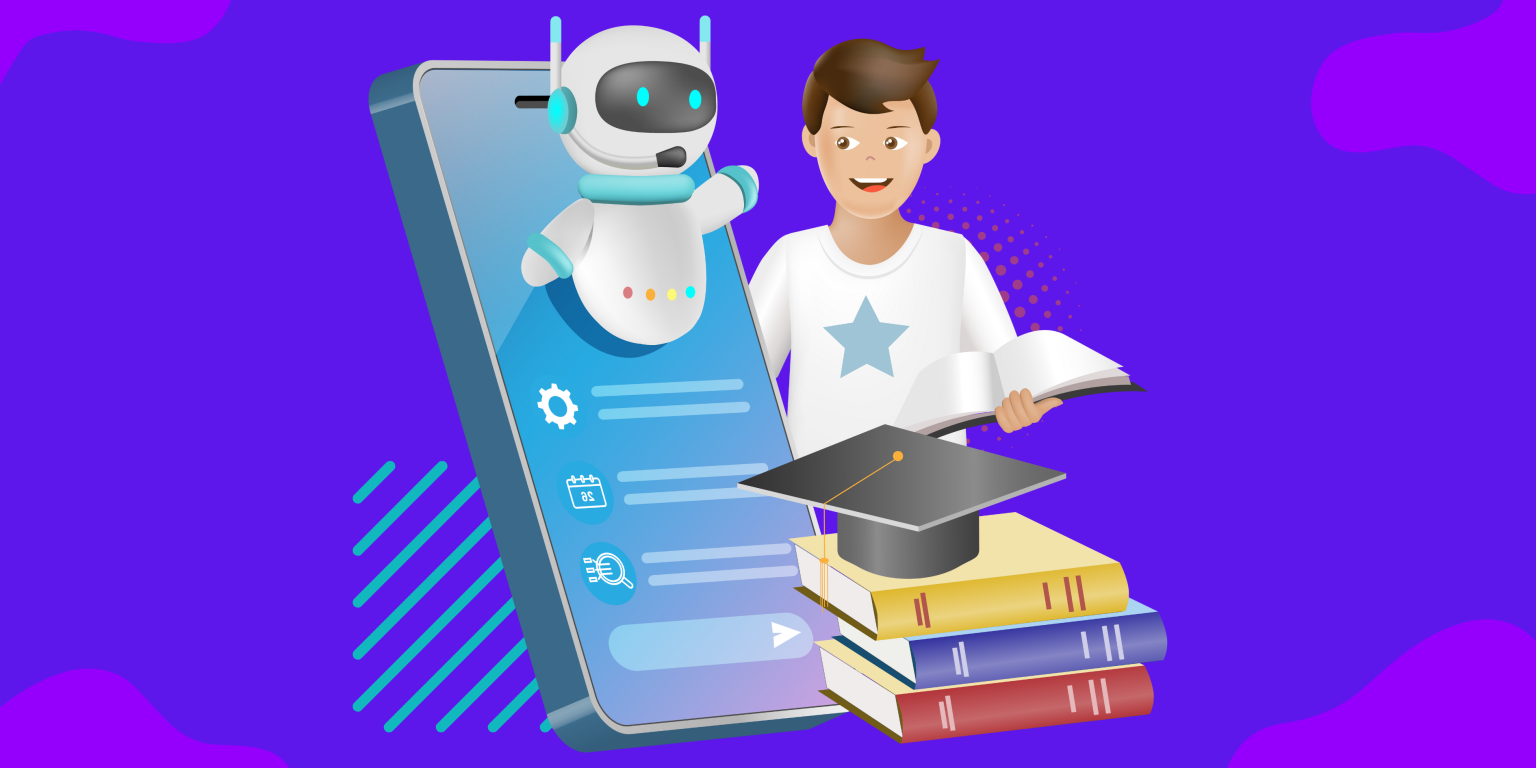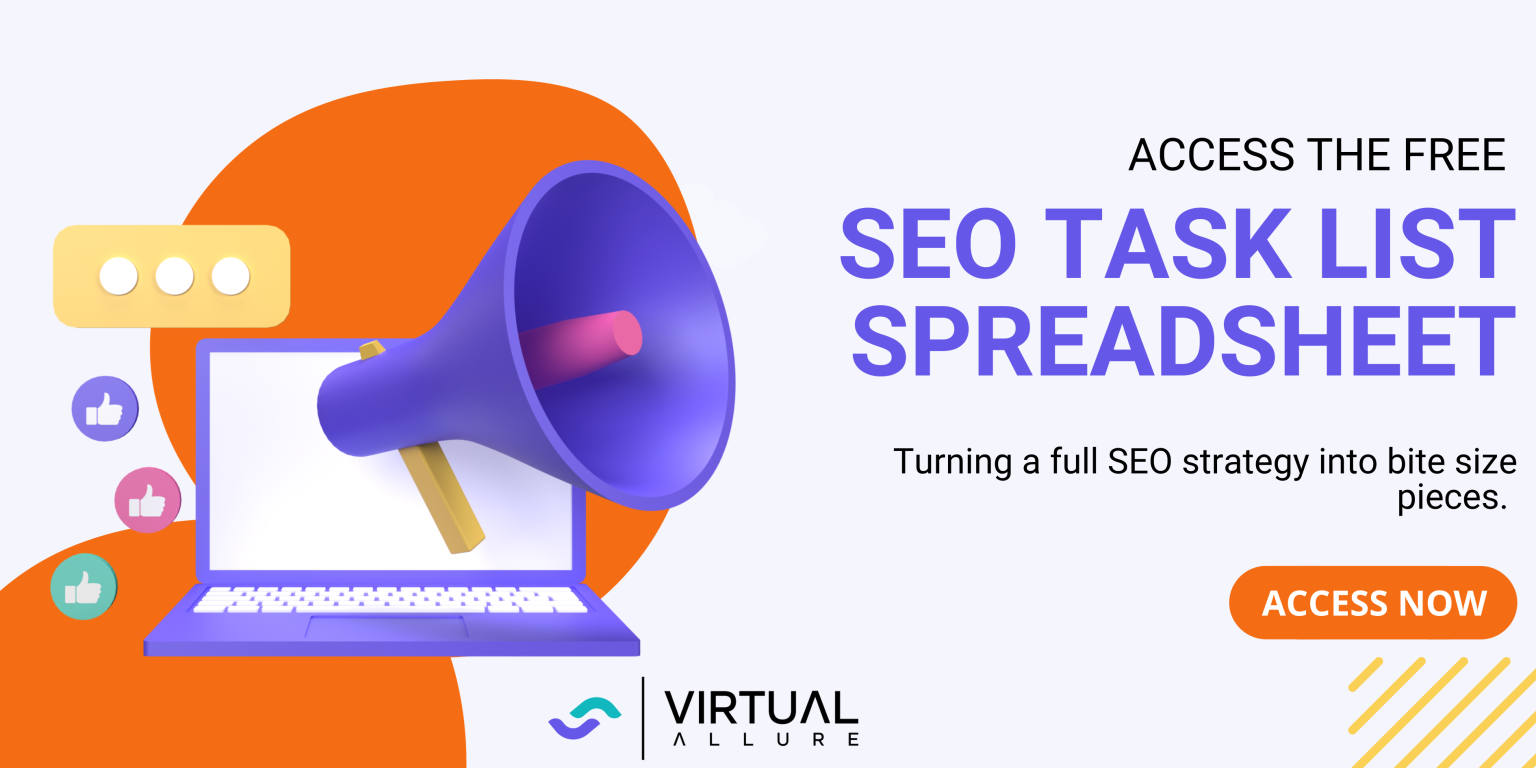As an SEO Consultant, I know that in the fast-paced realm of digital marketing, staying ahead of the game is the ultimate goal. If you want to maximise your local SEO strategy, AI is the secret weapon you don’t want to miss out on.
In this guide, I’ll walk you through the top five AI-driven strategies from the view of an SEO consultant to help maximise your local SEO exposure in a time and cost-efficient way.
1. Keyword research
Here’s the thing – keyword research goes far beyond just those obvious choices. It’s about delving into the intricate web of secondary and supportive keywords that your audience is actively searching for. By uncovering these less obvious gems and adding them into “keyword cluster” groups, you gain the power to dominate our category, giving you the opportunity to appear on search results every time a user searches for relevant keywords within your category.
What are the best AI keyword tools to find these hidden gems?
- Answer the Public: This free tool helps you discover what questions people are asking around specific keywords. It’s great for understanding user intent and crafting content that directly addresses these queries.
- Cluster AI: Cluster AI is a powerful keyword clustering tool that helps you identify related keywords, group them into clusters, and create unique content that comprehensively covers a topic. For easy management, you can export the keyword data into a spreadsheet and from here, you can start creating content.
- Zen Brief: Zen Brief is a content optimisation platform that uses AI to analyse the top-ranking pages for your target keyword. It then provides recommendations for content length, keyword usage, and semantically related keywords, helping you create content that aligns with search engine algorithms and user intent.
Check out my keyword research guide to help you master SEO keyword research.

2. AI for Local Content Development
AI tools can effortlessly create different types of content, from blogs and email newsletters to social media posts. With the ability to output content in natural language, AI is a powerful tool you can use to create content for your identified keywords. But with this, there are some risks and limitations you need to be aware of:
Beware of AI content short-falls:
AI content platforms, such as ChatGPT or ZenBrief can help you create a first draft article, but I do find the content is often broad and lacks practical tips; something that search engine crawlers are also aware of.
When using AI to create content, ensure:
- You’re still thinking of the user first: It’s easy enough to create 50+ articles to target all of your clustered keywords, but if the content lacks depth and practical tips, users won’t engage. Make sure you add actionable and practical tips to your AI generated content.
- You’re facts are checked: AI uses the web to gain it’s information, so there is a risk of your content having outdated and inaccurate information. Make sure you check your facts and optimise where relevant.
- You have a variety of media: Don’t rely on AI to create one type of content (i.e blogs), consider using different creative formats, like videos or eBooks, to keep your content fresh and engaging.

3. AI for scraping local competitors
What are the best local listing scraping tools?
- SEMRush: SEMRush offers a full SEO suite, but the powerful tool to use for local SEO is the backlinking tool which you can use to discover your local competitors backlinks for citation building and ensuring consistent business listings across the web.
- BrightLocal: Similar to SEMRush, BrightLocal offers a suite of local SEO tools, including a local business listing scraper. It simplifies the process of gathering competitor data and also offers citation building which helps ensure consistent business listings across the web.
- Leads Sniper: Although predominately a lead generation tool, Leads Sniper can be used to scrap your competitors business listing details which you can than use to optimise your local SEO strategy.
- BrightLocal: Similar to SEMRush, BrightLocal offers a suite of local SEO tools, including a local business listing scraper. It simplifies the process of gathering competitor data and also offers citation building which helps ensure consistent business listings across the web.

4. AI to improve Customer experience
Customer service is vital for local businesses. AI-powered chatbot platforms, such as information chatbots, enable business owners to efficiently handle common customer queries without the need for additional staffing. Additionally, utility chatbots prove valuable by providing services like product recommendations, appointment scheduling, and order processing. These AI-powered solutions streamline customer interactions and enhance overall service quality.

5. AI to gain insights
Utilising AI to gain insights about online performance can be a powerful tool to optimise your local SEO.
How to use AI insights:
- Identify seasonal trends and forecast future trends. Having this insight can allow you to customise your marketing strategy.
- AI data can identify top performing creative or content, allowing you to A/B test new creative or expand on the top performing creative.
- AI can track online reviews for your business. Use this data to address customer concerns and improve your online reputation.
- AI can continuously monitor your local SEO performance, which can help you adapt to changing trends and maintain a competitive edge.


